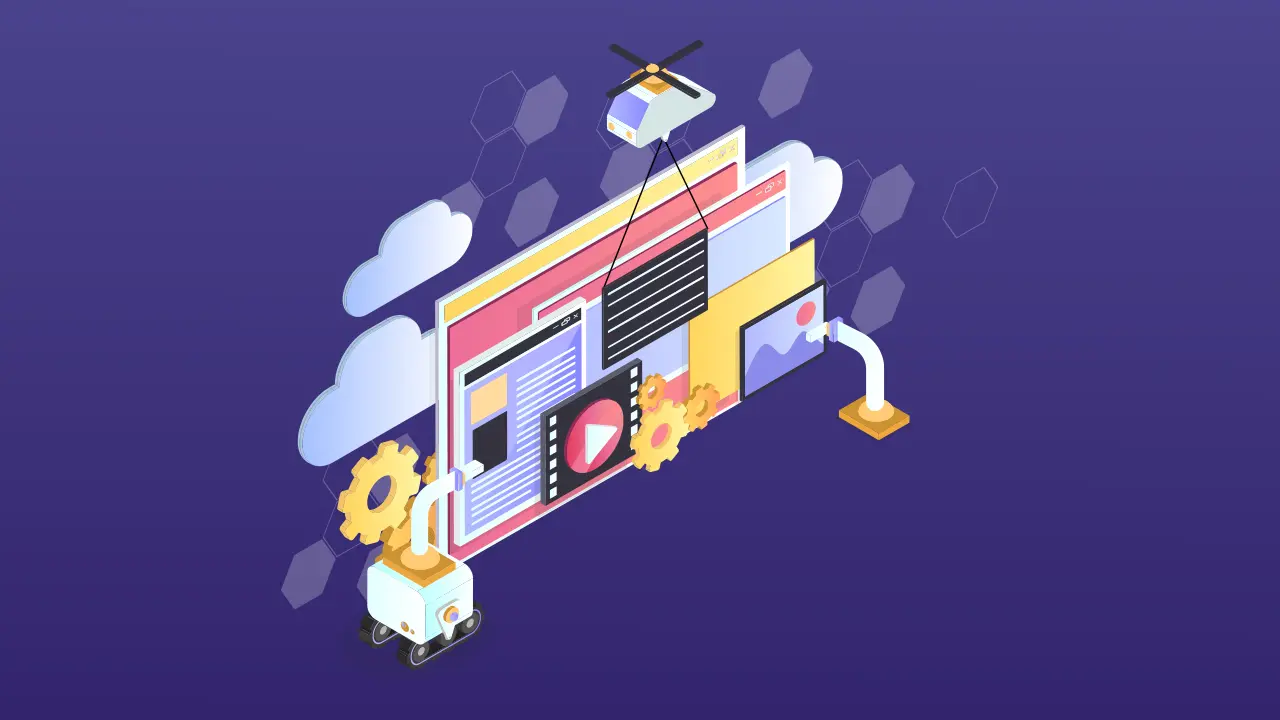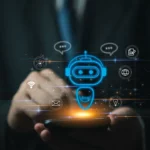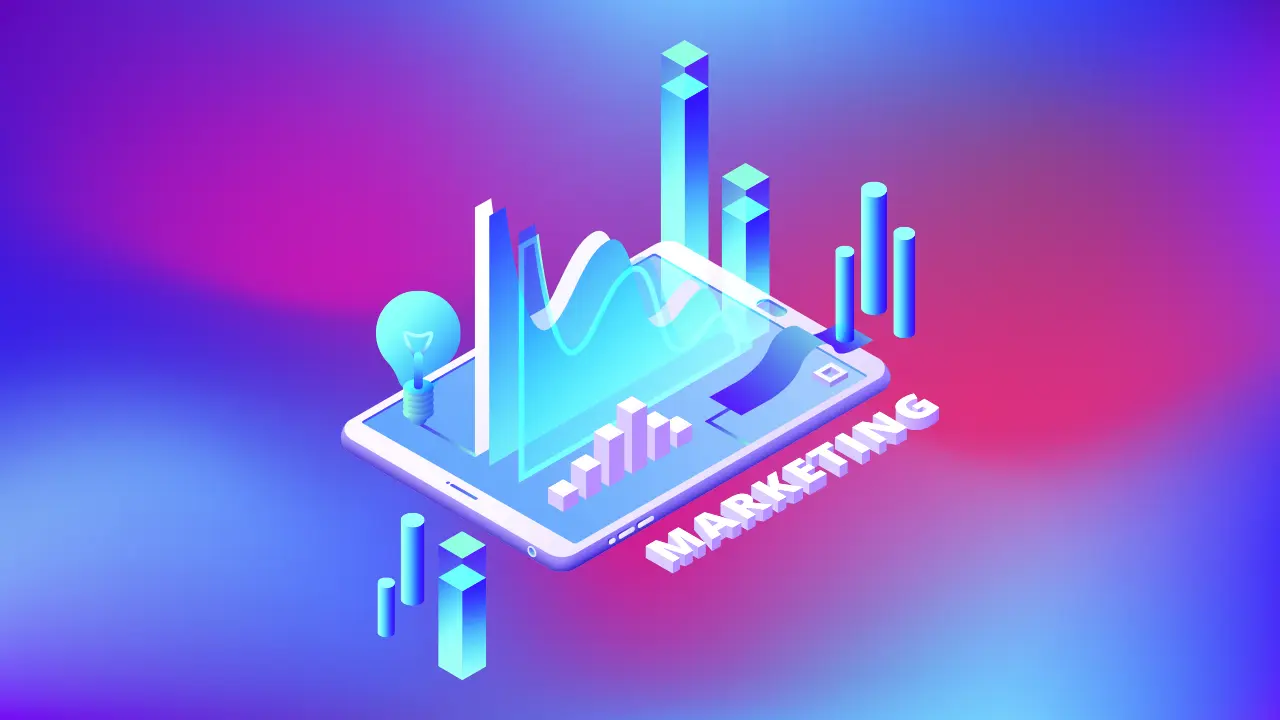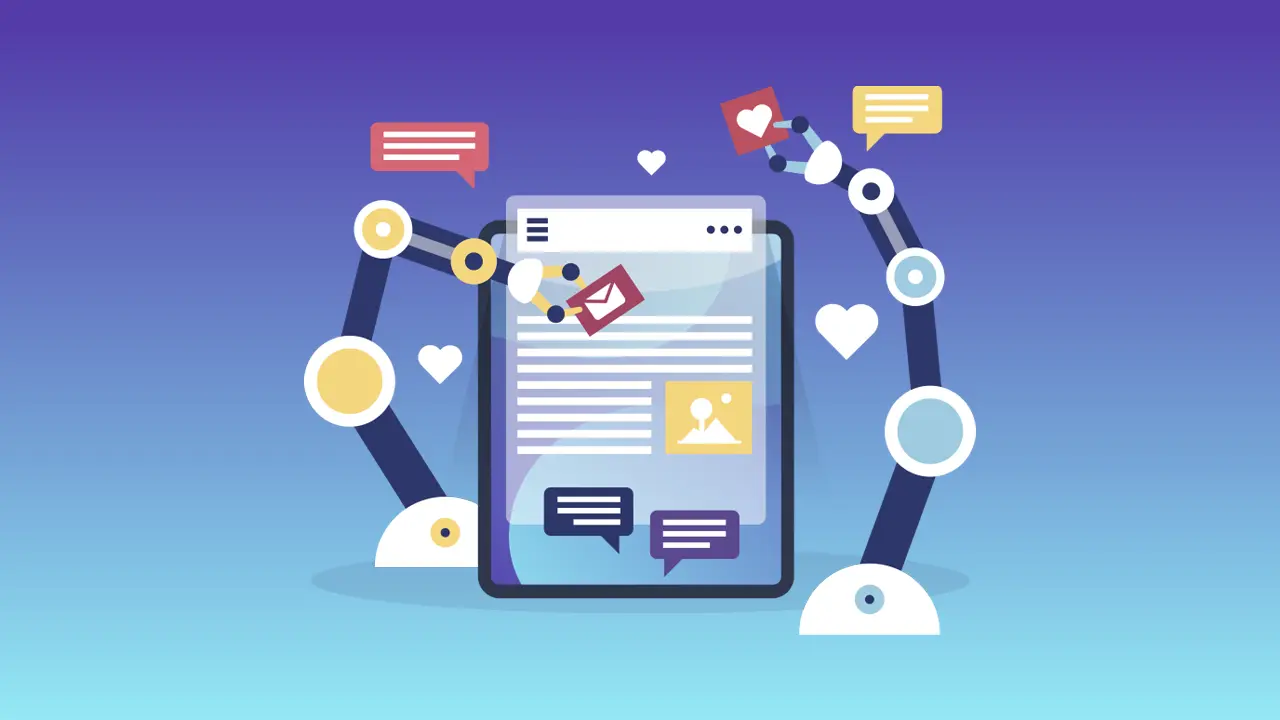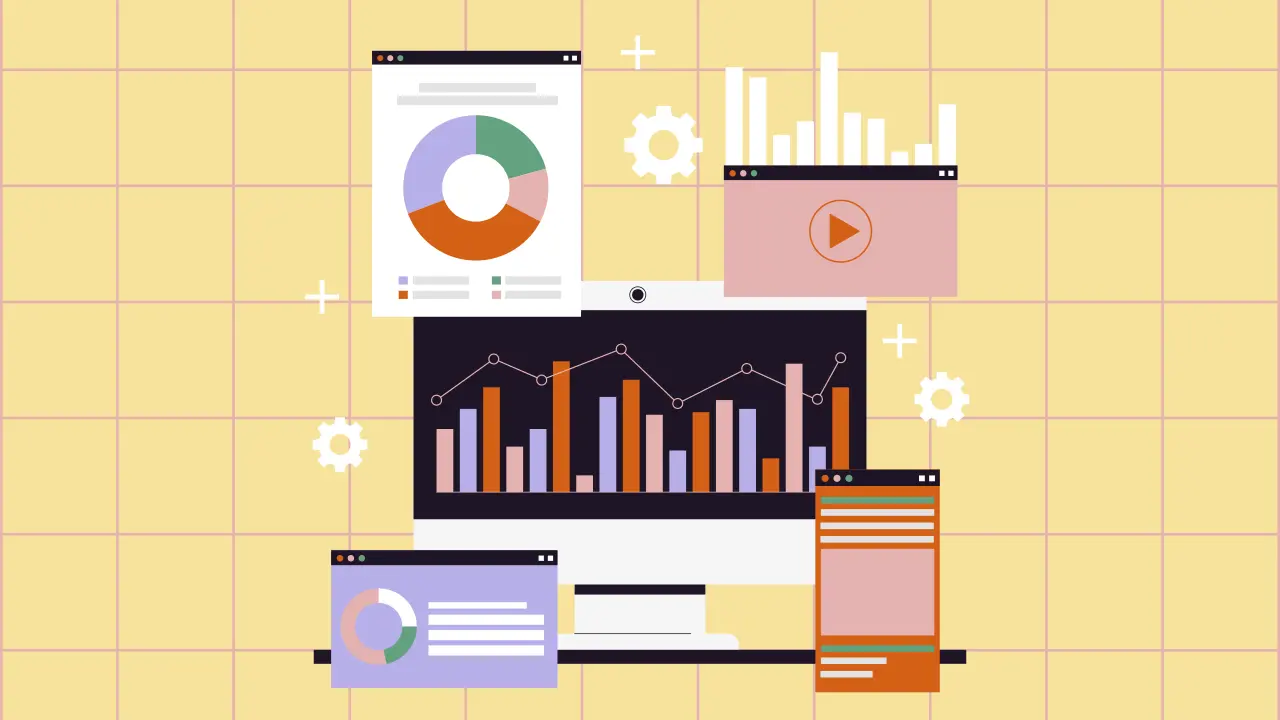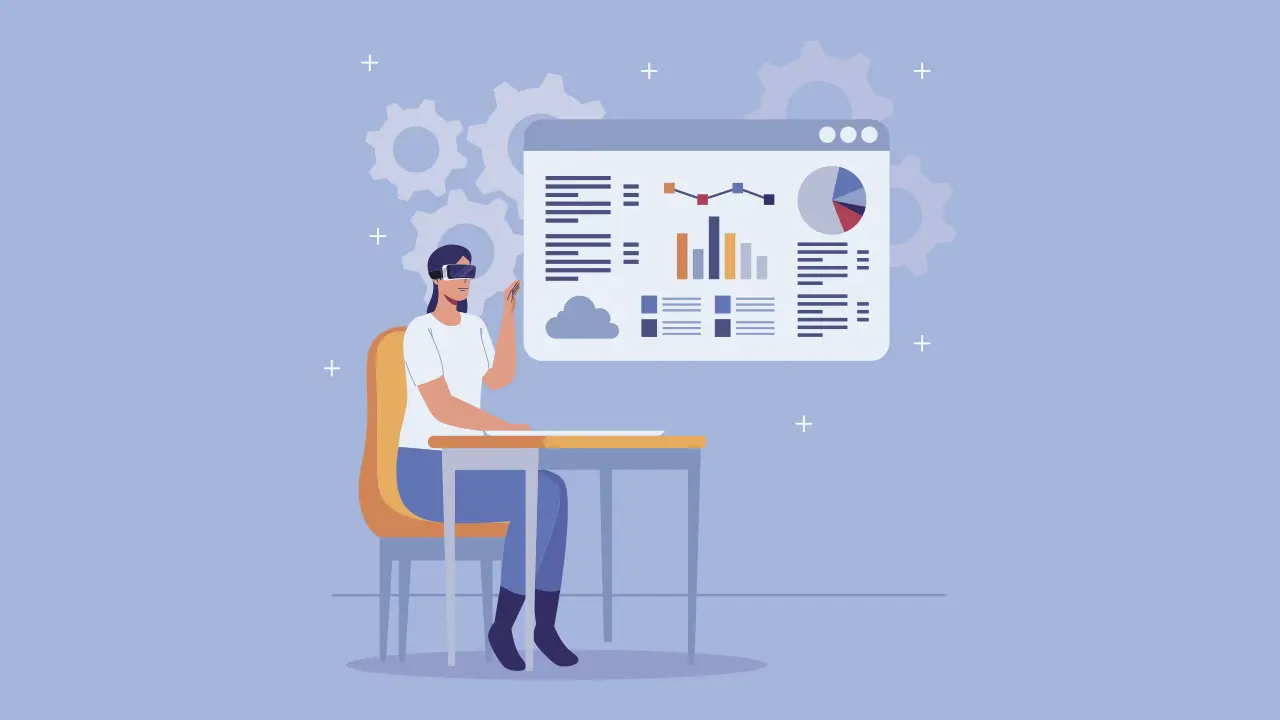Artificial intelligence is transforming the business landscape, and marketing is at the forefront of this revolution. The benefits of AI in marketing extend far beyond automation — it’s reshaping how brands understand audiences, predict behavior, and personalize campaigns.
From data-driven insights to real-time engagement, AI enables marketers to create strategies that are not only efficient but deeply human in impact.
Understanding the definition of AI marketing
To grasp the definition of AI marketing, it’s essential to see AI as more than a set of tools — it’s a system that mimics human intelligence to analyze, predict, and act on marketing data.
According to Forbes, “AI enables marketers to understand their customers better than ever before, with predictive analytics and behavioral data offering unprecedented insight.”
In simple terms, AI in marketing uses algorithms and machine learning to automate decision-making, personalize user experiences, and optimize ad spend — all at a scale that human teams alone can’t match.
The growing importance of AI in marketing

The benefits of AI in marketing are becoming more evident as competition intensifies and consumer expectations rise.
AI doesn’t just enhance marketing efficiency — it fundamentally transforms strategy by helping brands deliver the right message, to the right audience, at the right time.
Data-driven insights for better decision-making
Marketers once relied on intuition to make big decisions.
Now, AI empowers them with concrete data insights. By processing vast amounts of data from customer behavior, search trends, and social media, AI identifies what resonates most with audiences.
This allows businesses to:
- Refine ad targeting for higher ROI
- Predict customer churn before it happens
- Personalize recommendations based on individual behavior
- Optimize content for search and engagement
According to McKinsey, companies using AI in their marketing and sales functions have seen revenue increases of up to 10% and cost reductions of up to 20%.
Automation that saves time and resources
Another core benefit of AI in marketing is automation.
AI streamlines repetitive tasks such as email marketing, ad placement, social posting, and customer segmentation.
Tools like HubSpot and Salesforce use AI to automate workflows, allowing marketers to focus on creative strategy rather than manual execution.
For example, an AI-driven campaign manager can automatically adjust ad bids in real-time to maximize performance.
This reduces waste and ensures that marketing budgets are used efficiently.
Enhancing customer experience with personalization
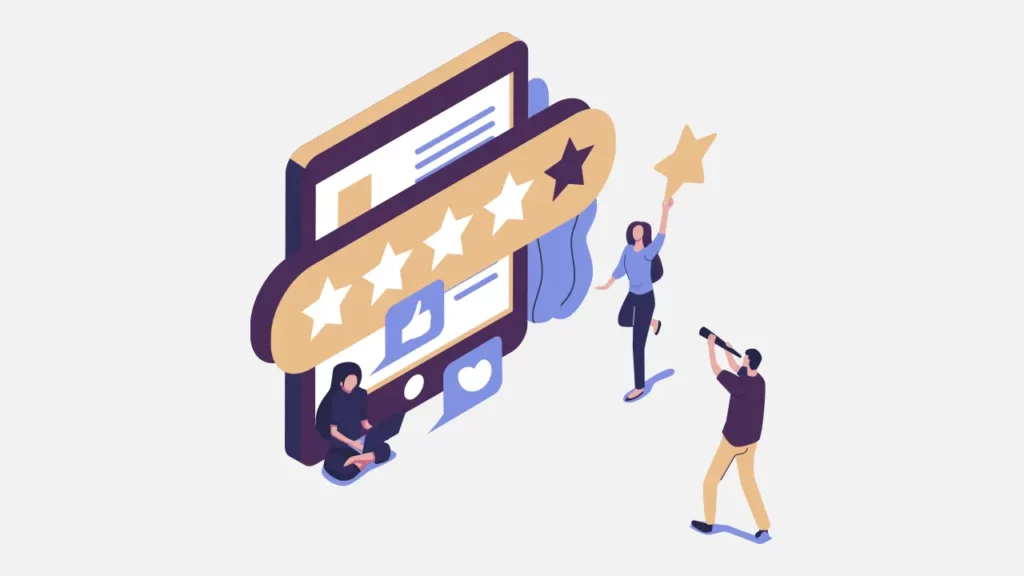
One of the most powerful benefits of AI in marketing is personalization.
Consumers today expect experiences tailored to their interests, preferences, and behavior.
AI makes this possible by continuously analyzing user interactions to deliver highly customized messages, product suggestions, and timing.
Predictive personalization in action
Netflix, Spotify, and Amazon have built entire ecosystems around AI-driven personalization.
Their algorithms analyze your history to predict what you’ll enjoy next — a strategy that keeps users engaged and loyal.
For marketers, the same approach can be applied to email campaigns, website content, and ad recommendations.
As Harvard Business Review notes, “Personalization powered by AI doesn’t just improve engagement — it builds trust by showing that brands understand their customers as individuals.”
AI and content creation

AI is not only about analyzing data; it’s also changing how content is produced.
Modern tools can generate high-quality articles, scripts, and even voiceovers.
For instance, the AI voice generator from Typecast.ai allows marketers to produce natural-sounding voiceovers that bring content to life — perfect for ads, explainer videos, or podcasts.
By using such tools, marketing teams can scale production without sacrificing quality.
AI-assisted creation ensures that content remains on-brand while adapting to audience preferences in real-time.
Real-time optimization and predictive analytics
AI enables marketers to move beyond static reporting. Instead of waiting for campaign results, AI analyzes data in real time and automatically optimizes performance.
Predictive analytics can forecast trends, allowing brands to prepare before demand shifts.
Smarter ad performance tracking
Platforms like Google Ads and Meta use AI to continuously test ad variations, determine which versions convert best, and automatically adjust budgets.
This dynamic adaptability is one of the most measurable benefits of AI in marketing, giving brands a competitive edge in fast-changing markets.
Ethical use and transparency in AI marketing

While the benefits of AI in marketing are substantial, it’s equally important to address the ethical dimension.
AI systems rely on large data sets, raising questions about privacy, consent, and algorithmic bias. Responsible marketers must ensure transparency in how AI-driven decisions are made.
Consumers are more likely to trust brands that use AI responsibly.
According to PwC, 76% of customers say they are more likely to stay loyal to companies that handle their data responsibly.
The future of AI digital marketing
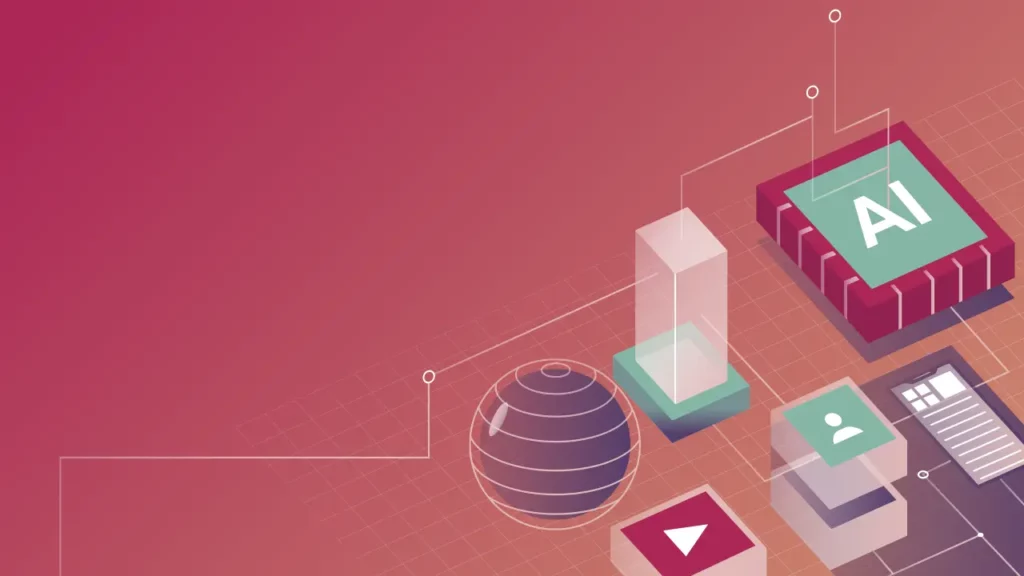
The next phase of AI digital marketing will likely involve deeper integration with AR/VR, voice technology, and conversational AI.
As AI continues to evolve, marketers will gain even more precise tools for understanding intent and emotion — creating experiences that feel intuitive rather than intrusive.
AI won’t replace human creativity; instead, it will amplify it.
The most successful marketing strategies of the future will blend human insight with machine intelligence, where creativity and computation coexist seamlessly.
Key takeaways
The benefits of AI in marketing are undeniable and expanding rapidly.
From automation to personalization, AI has become the backbone of modern marketing strategies.
Businesses that embrace it will continue to gain efficiency, agility, and deeper customer connections.
To summarize:
- AI enhances decision-making with real-time data insights.
- Automation reduces manual workloads and improves ROI.
- Predictive analytics personalize and optimize customer experiences.
- Ethical AI practices are essential for trust and long-term loyalty.
In short, AI is not just transforming marketing — it’s redefining what’s possible in connecting with audiences.
